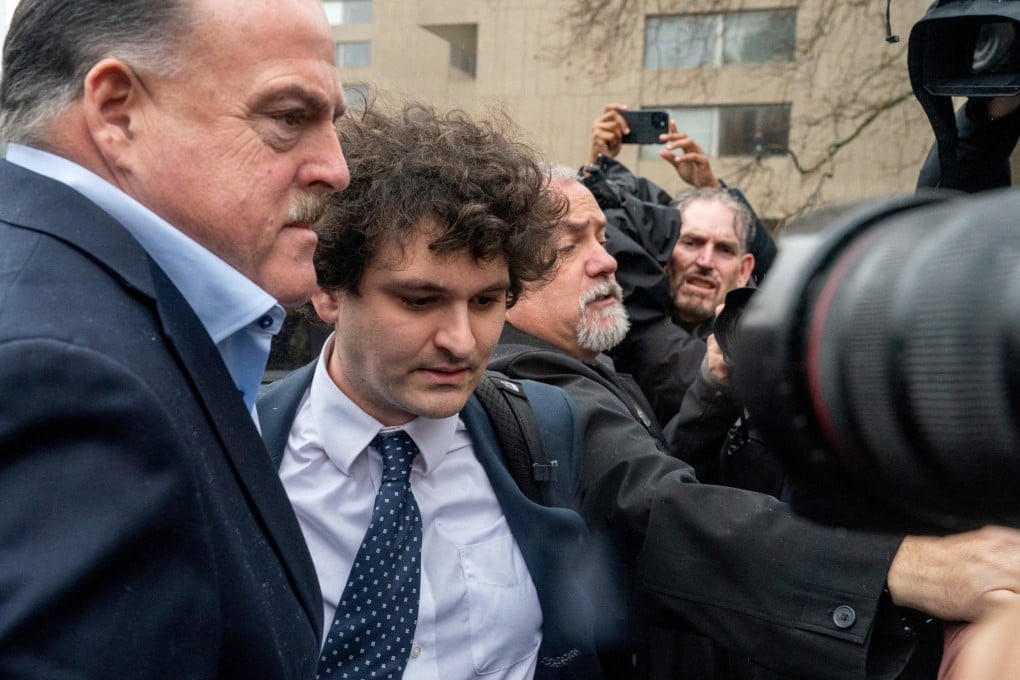Advertisement
Opinion | After FTX collapse, cryptocurrency regulators should look to technology to protect users’ funds
- Hong Kong is legalising retail cryptocurrency trading just as the FTX scandal has shaken investor confidence, underscoring the need for industry regulation
- Among the measures needed is the separation of funds and transactions, and this is where technology can help create transparency and rebuild trust
Reading Time:3 minutes
Why you can trust SCMP

Hong Kong recently pivoted to a more crypto-friendly regulatory regime, going as far as to legalise retail trading in cryptocurrencies. The move has rekindled market enthusiasm for the crypto trade.
But with the industry still reeling from the collapse of FTX, the challenge of how to enforce a robust regulatory framework on cryptocurrency exchanges is one that must be immediately addressed.
Clearly, strengthening licensing requirements for exchanges, as well as imposing rules and regulations, is imperative. Yet in addition, owing to the unique characteristics of blockchain and digital assets, technology can play an important role in regulating these trading platforms.
Advertisement
FTX’s dramatic demise has been referred to as crypto’s “Lehman Brothers” moment. Indeed, the meltdown of FTX, once the poster child of cryptocurrency, has far-reaching consequences. Most importantly, confidence in centralised exchanges has been severely shaken and may take years to rebuild.
Data from on-chain analysis firm, CryptoQuant, showed that investors took over US$8 billion out of centralised exchanges in the seven days post-FTX.
Advertisement
Even so, with centralised exchanges still facilitating some 99 per cent of all cryptocurrency transactions, the dominance they hold is unlikely to be loosened any time soon.
Advertisement
Select Voice
Select Speed
1.00x
